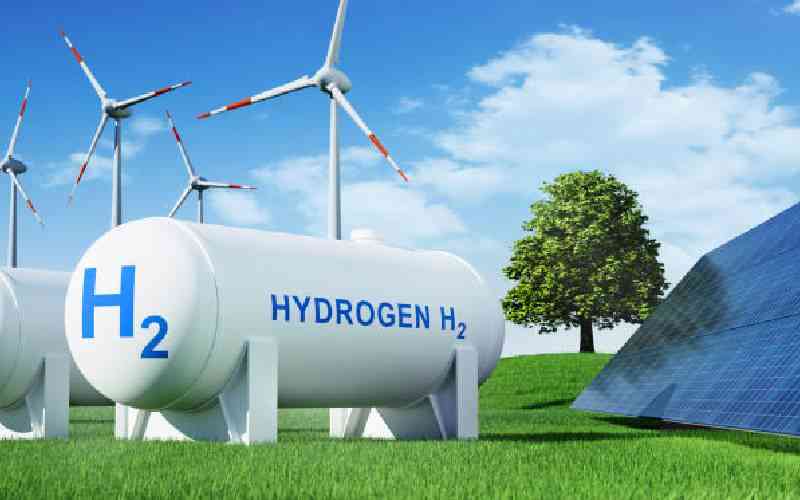
The intensity of interest in green hydrogen has grown exponentially in a concerted race to save the planet from the impacts of energy-borne global warming. The race for green hydrogen seems to have started in earnest. Kenya, with its abundant renewable energy sources, stands in a unique position to harness the potential of green hydrogen to pave way for a sustainable and prosperous future.
Kenya's strategic geographical location offers enormous potential for the country to become a major green hydrogen exporter. Countries seeking to decarbonise their economies, but lacking renewable resources for large-scale hydrogen production can rely on Kenya's surplus green hydrogen. This export market can stimulate economic growth, attract foreign investment, and create employment opportunities.